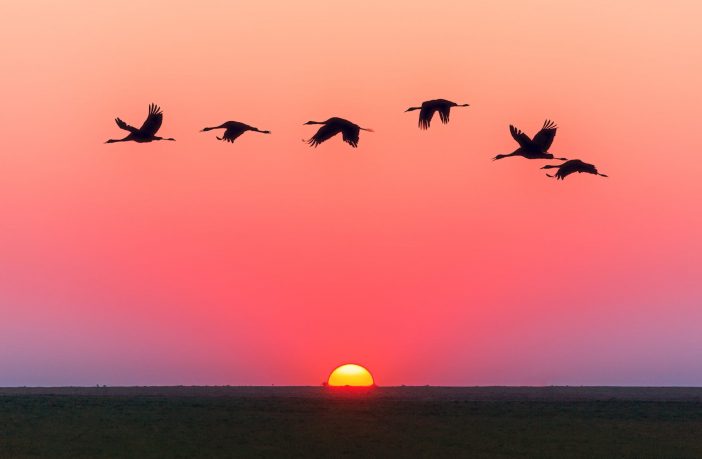- South Africa has resolved to embrace efforts by businesses and local municipalities to generate or purchase their own electricity from independent power producers (IPP’s).
- This comes in the wake of ruling party’s blunt realisation that the state owned power utility, Eskom, cannot deliver existing or future energy demands of the country.
- According to South Africa’s Council for Scientific and Industrial Research (CSIR), even with a best case scenerio, South Africa will have a supply gap until 2022. Read more
The nationwide power cuts have affected economic output and sapped investor confidence in Africa’s most industrialised economy. Local business’s are fed up with the constant power outages in the country.
Heavy industry and the mining sector are haemorrhaging financially due to the ongoing bouts of rotational load- shedding. Many are in a position to produce their own power or purchase power from IPP’s but the energy laws in the country do not allow them to do so without regulatory approvals.
South Africa’s President, Mr Cyril Ramaphosa announced yesterday that the energy regulations will be relaxed to allow households, businesses and Muniscipalities to produce their own electricity. “For the first time we are now saying let us have self-generation. We cannot stop technology, we cannot stop the future from arriving hence we have opened up a new era,” he said.
Under-fire state-owned utility Eskom generates more than 90% of the country’s electricity but regularly struggles to meet demand because of breakdowns at its coal-fired power plants. Swimming in pool of massive debt, the government has been slow to procure more power since the electricity cuts escalated last year. Read more
Author: Bryan Groenendaal















